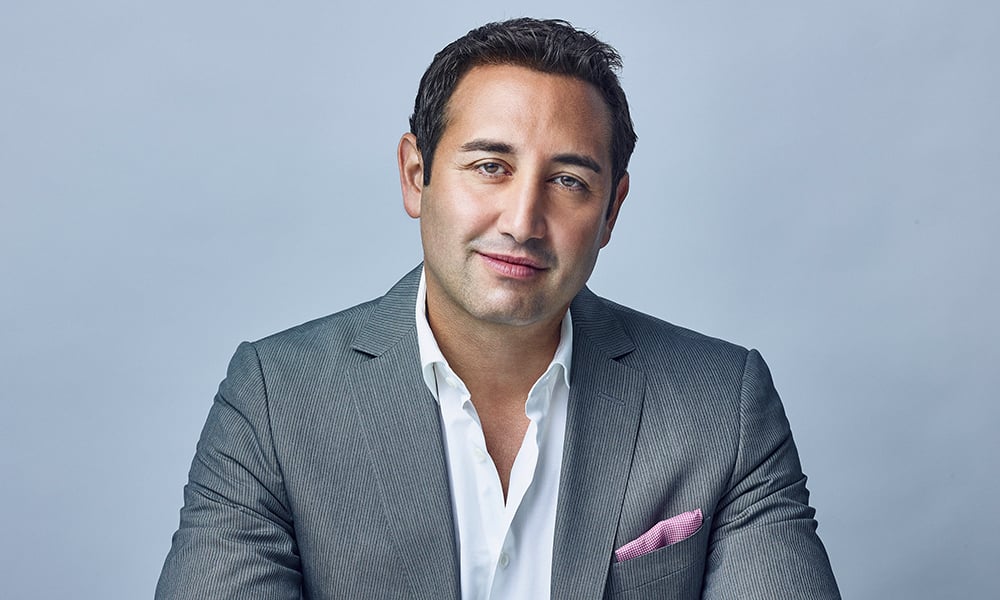
Anxiety, depression and faster driving changing the personal injury landscape

The mental health impacts of COVID-19, including growing depression and anxiety, are taking a toll on Canadians and leading to a sharp rise in psychological impairment claims, says personal injury lawyer Ryan Naimark.
Naimark’s three main practice areas are motor-vehicle law, long-term-disability claims and employment law, and all three are seeing shifting trends associated with the pandemic, he says. Car accidents are becoming more serious and involving more injured or dead passengers. Clients are making many more long-term disability claims over COVID-related psychological impairment. And employees are fighting with their bosses over accommodation and leave-of-absences to care for family members.
Pre-COVID, many of Naimark’s clients were in treatment for mental health problems such as anxiety, depression, post-traumatic stress and catastrophic brain injuries. When COVID-19 hit, that treatment was disrupted as the virus crowded the medical system, he says.
“We have clients that were receiving regular treatment from a psychiatrist or psychologist, whether it’s on a weekly basis, sometimes twice a week or monthly,” he says. “But those appointments were being cancelled. And when they weren't getting the treatment, and medication, as well, wasn't being prescribed, their mental health problems were significantly exasperated, as a result.”
Cancellations have affected physical injuries as well. Law Times recently reported that clients in need of rehabilitation for catastrophic injury had run into temporary closures among many in-patient and out-patient rehabilitation programs. This has led to slower recoveries and new patient backlogs.
More recently, many health practitioners have resumed in-person treatment and offer video-conferencing – also known as tele-health, the use of which has shot up during the pandemic, Naimark says. Business Insider reported that in the U.S. telehealth use was up 3,471 per cent in August 2020, compared with August 2019.
“Telehealth and telemedicine have skyrocketed since the pandemic,” he says. “A lot of our clients are receiving treatment in that fashion.”
Mental health problems are magnifying Naimark’s long-term-disability claims. He says this is largely, though not entirely, due to COVID-19. Prior to the pandemic, the majority of long-term-disability claims would be of a physical nature, and that is now tilting toward the psychological, he says.
“They may have already had mental health issues, but certainly COVID has aggravated the issue to the extent that they now are disabled from working. So certainly, those claims are on the rise,” he says.
Aside from financial insecurity, worry over loved-ones and fear of the virus itself, COVID-19 has isolated people. Naimark sees this as a major driver of the rise in psychological impairment claims.
“I think that it’s well documented in the medical community that that psychological impairment is certainly on the rise throughout the world as a result of a pandemic,” he says.
But the pandemic’s health impact has not been restricted to the psychological realm, says Naimark. He is seeing motor-vehicle accidents producing more significant injuries.
While the lockdowns and sustained work-from-home trend mean fewer cars are on the road, it also means cars have more room to travel faster. When accidents happen in the open road, as opposed to bumper-to-bumper rush-hour traffic, the injuries tend to be more serious, he says.
Naimark is also finding that motor-vehicle accidents are involving more passengers. This can also be During the summer, when families did not have the option to fly away on vacation, road trips were the only option to get away.
“So I think there were more of those type of vacations during the summer, giving rise to multiple injuries or multiple fatalities,” he says.
The open-road that leads to more serious car accidents also provides the space for street-racing. According to auto-insurance provider Desjardins Group, between March and April, stunt-driving was up 600 per cent in Toronto. The Toronto Star also reported April 1, that speeding tickets had already increased by 30 per cent in the city.
“There's certainly more people stunt-driving, more people racing, leading to more accidents and more serious accidents,” says Naimark.